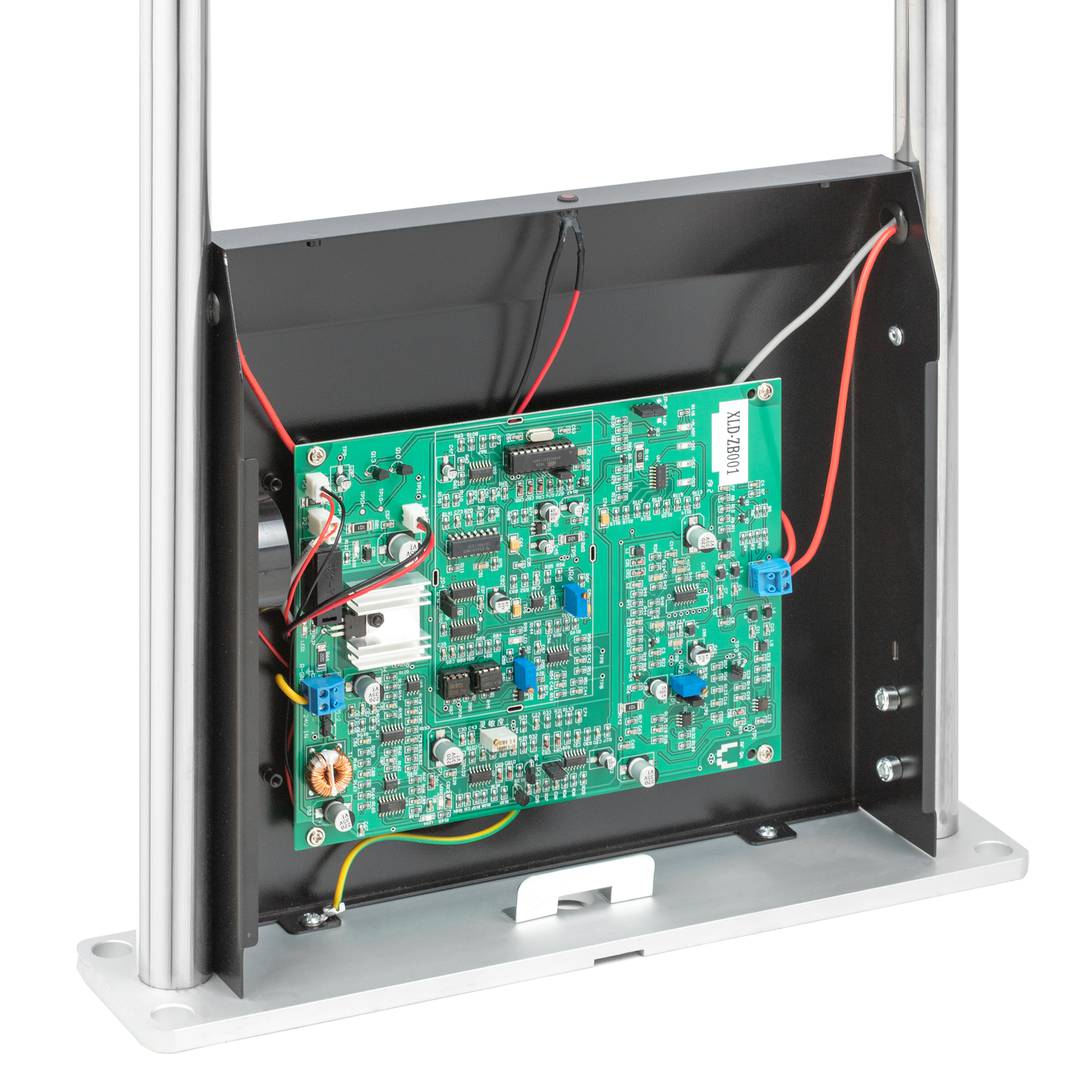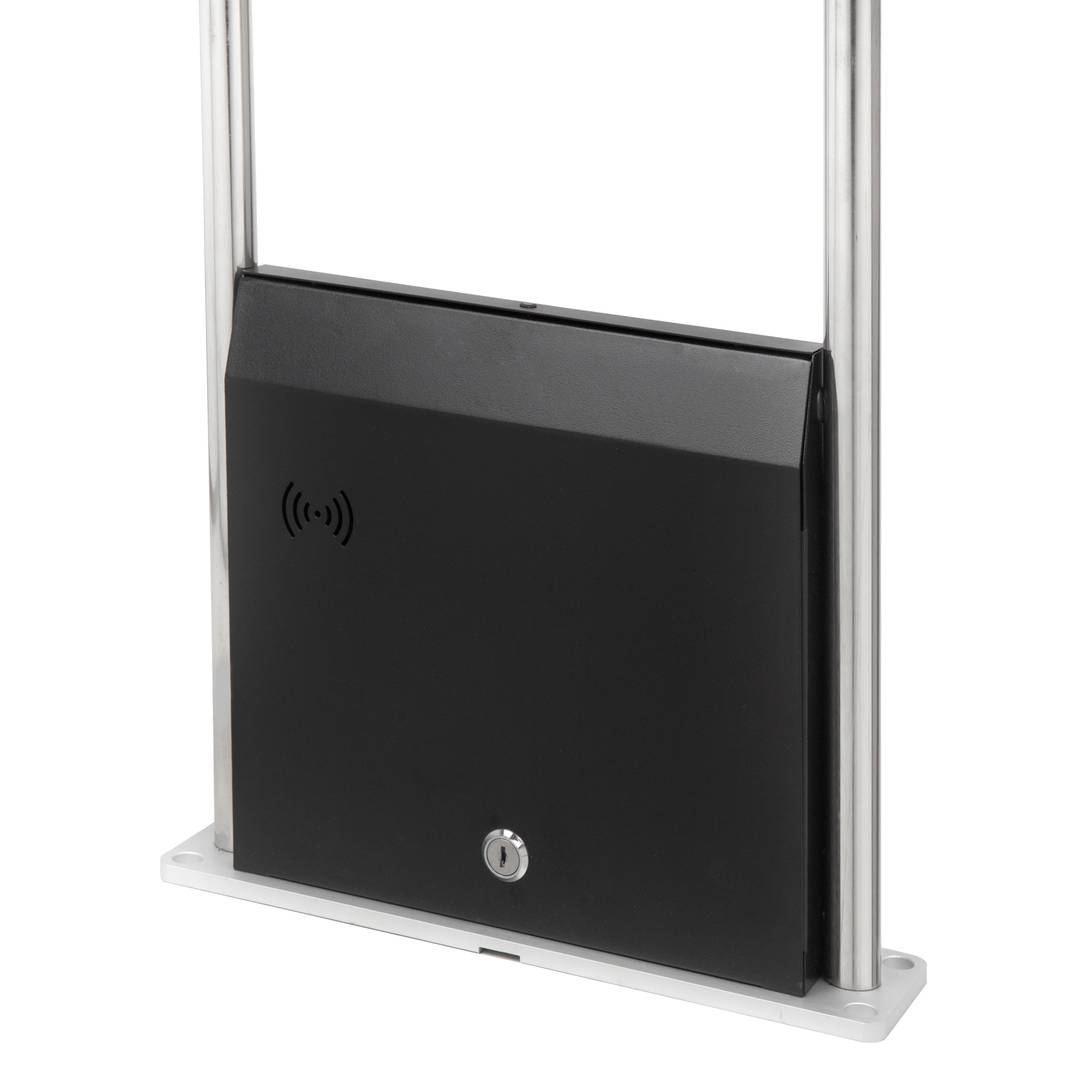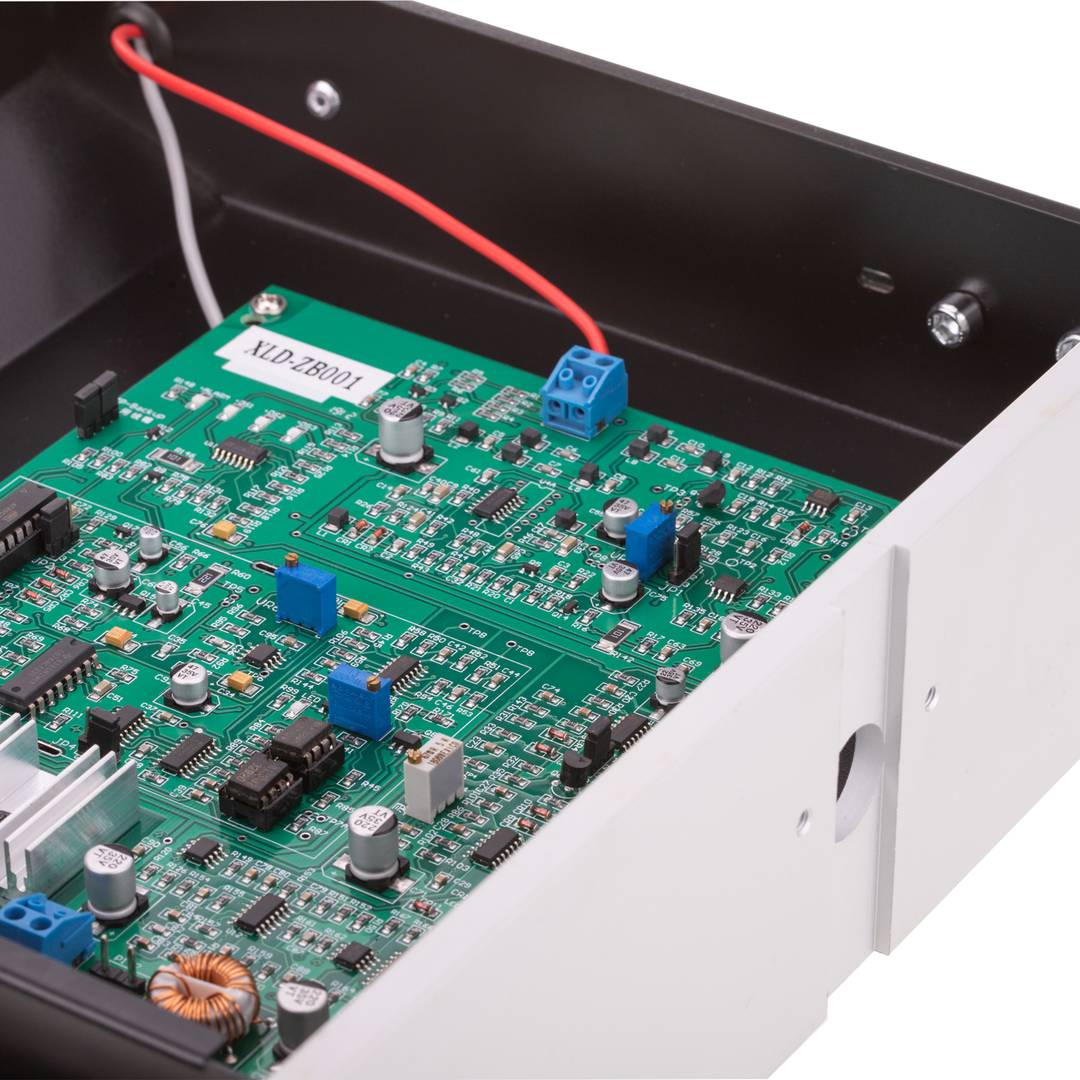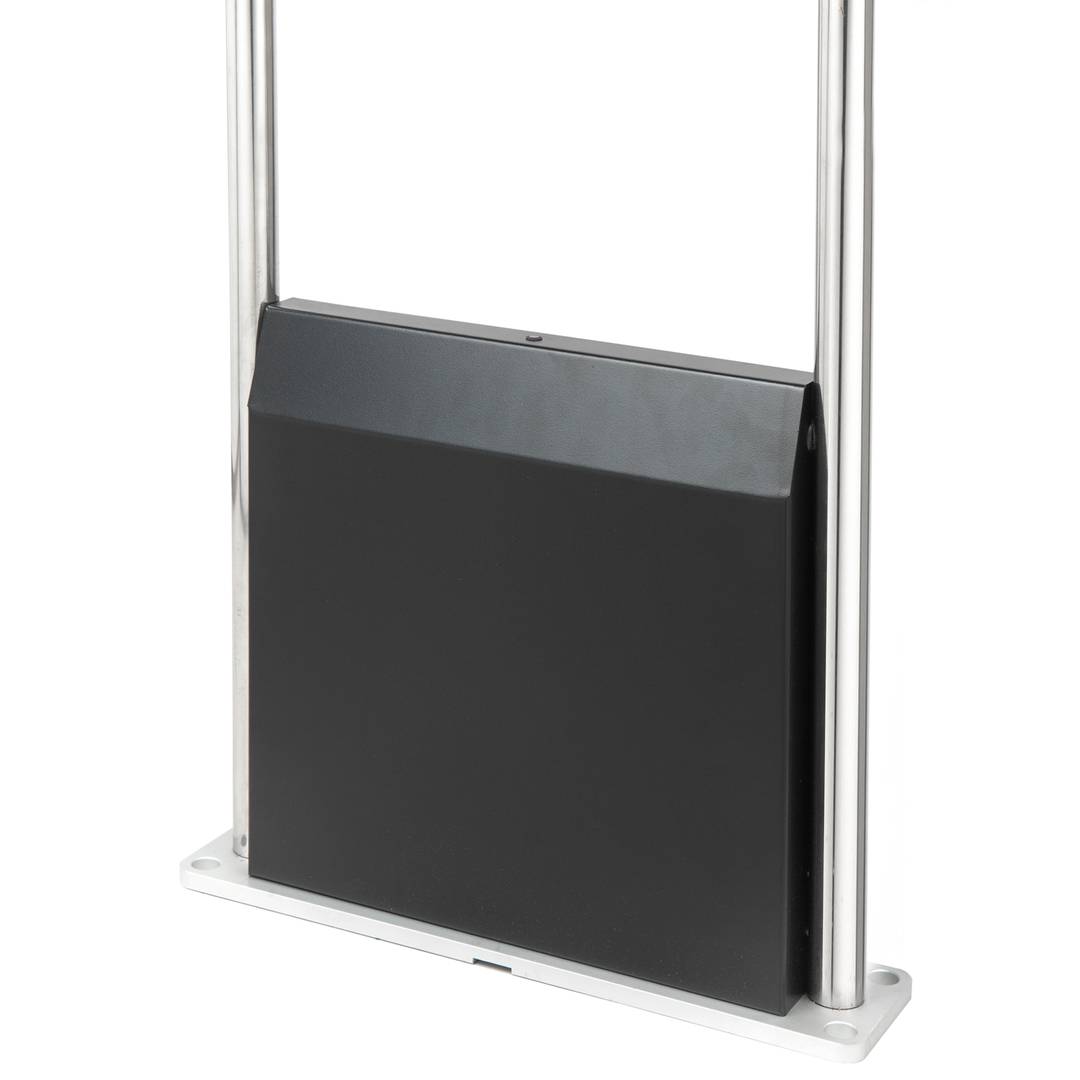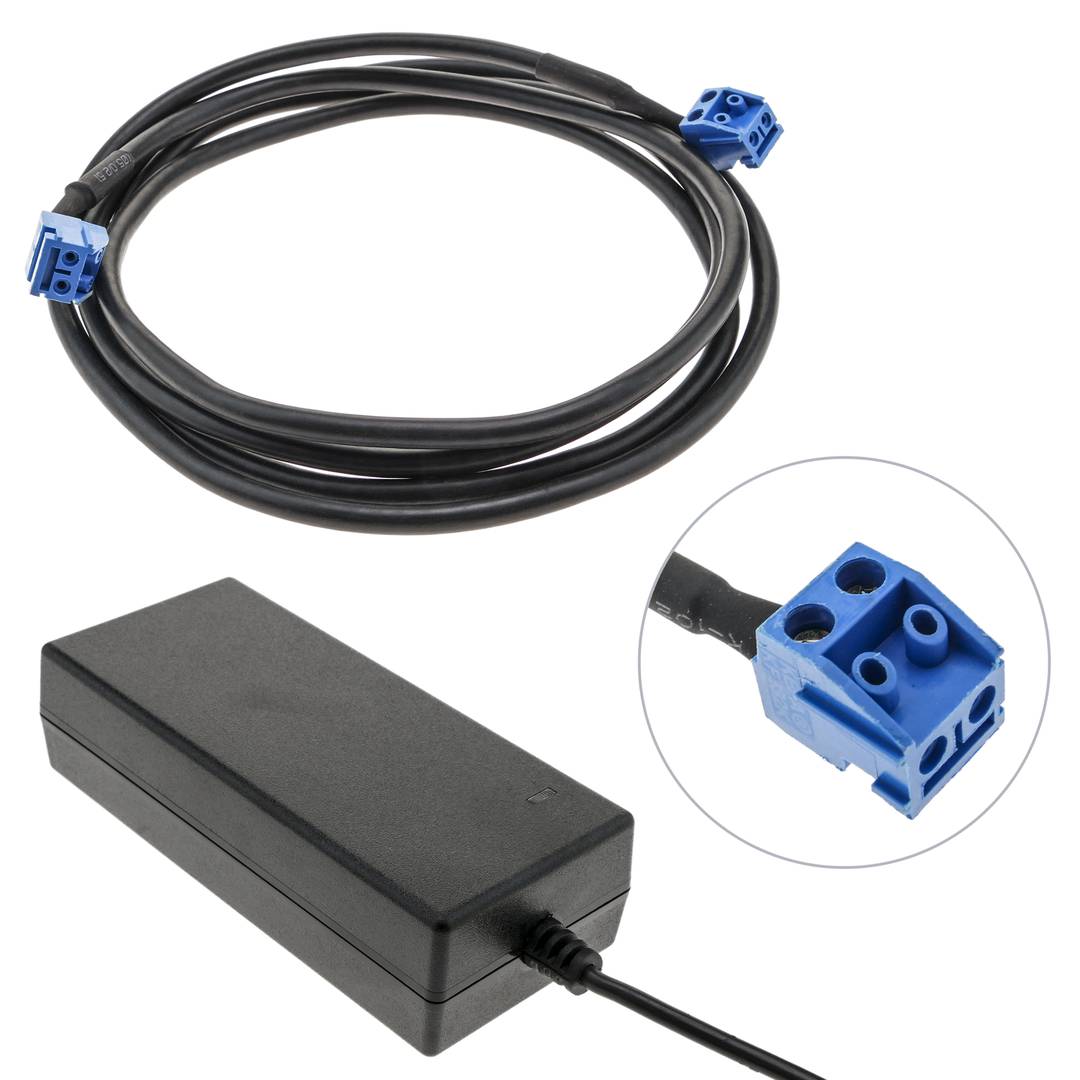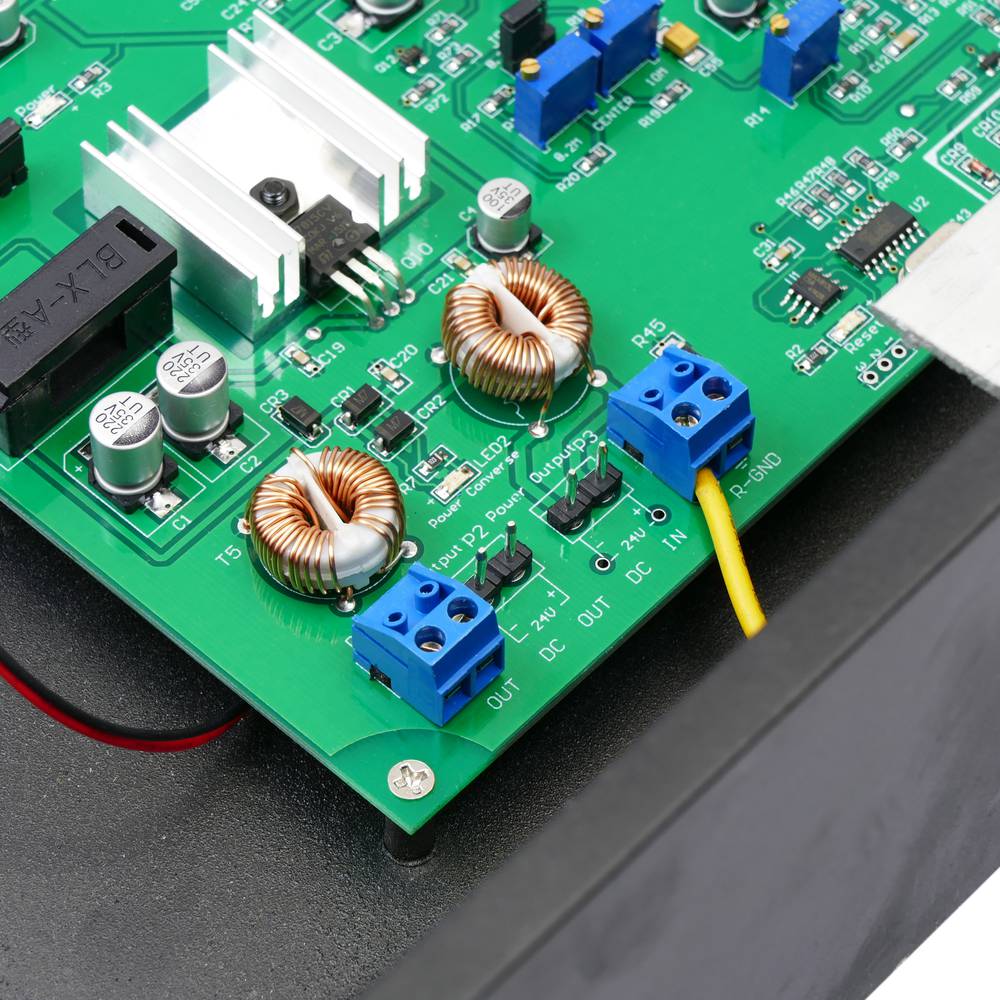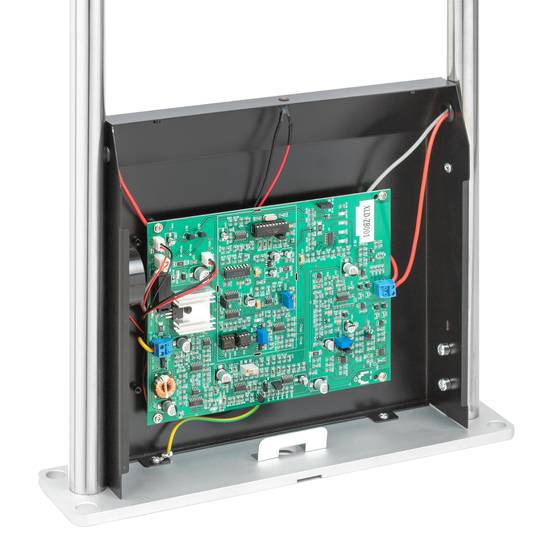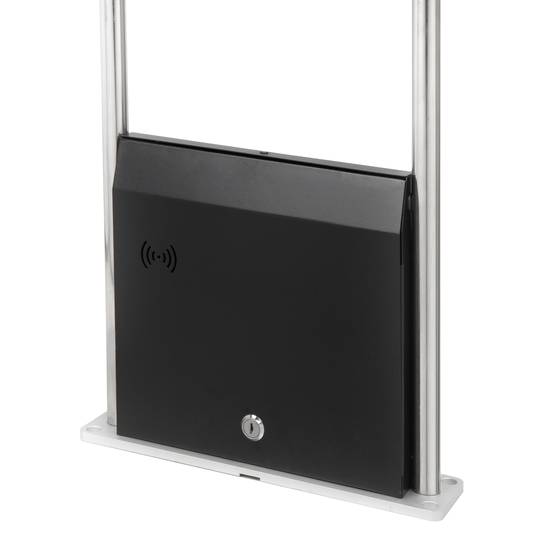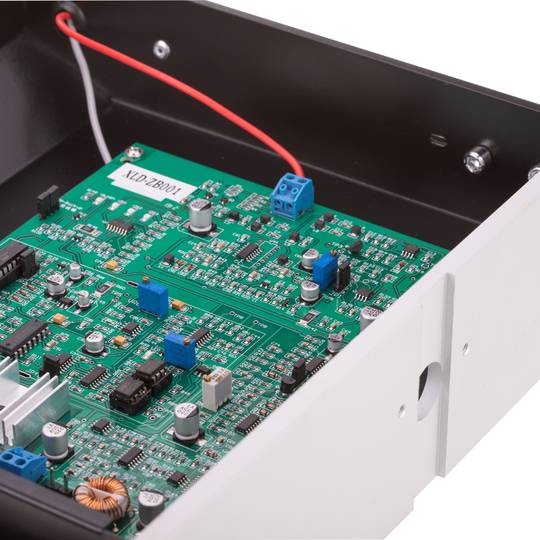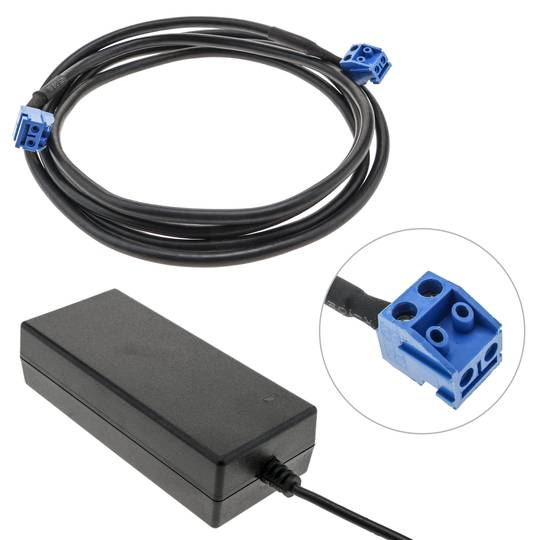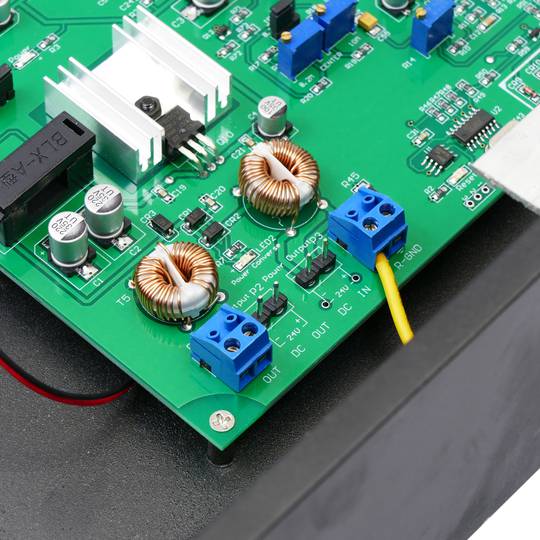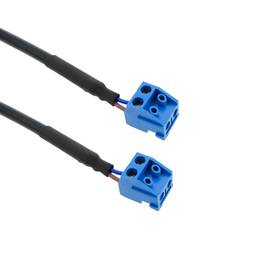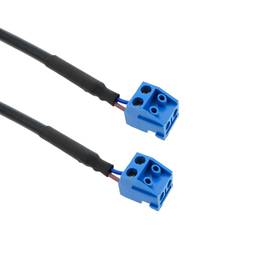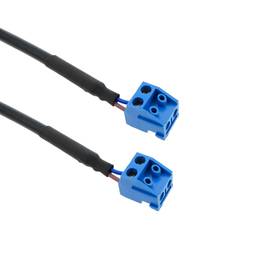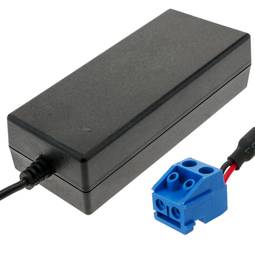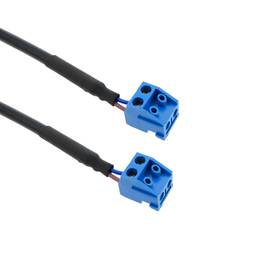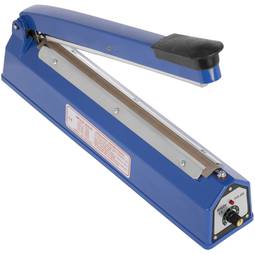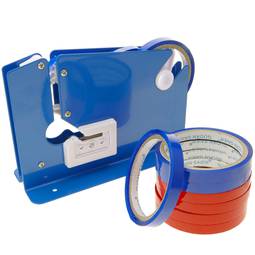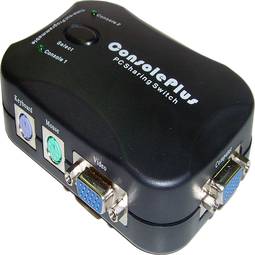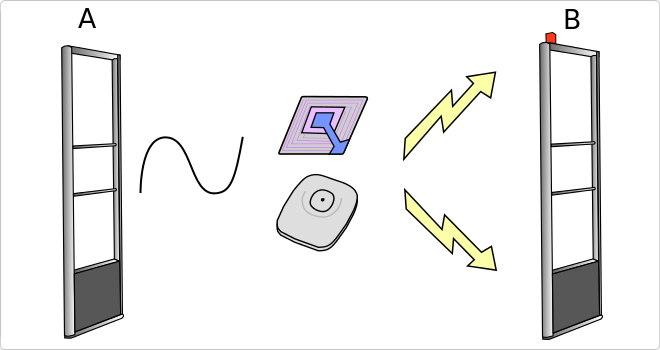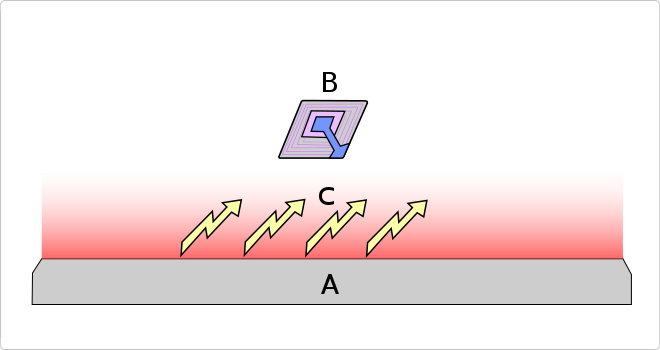07/05/2025 2:09 a.m.
http://cablematic.iskra.cat/en/products/anti-theft-arch-compatible-with-eas-rf-82mhz-anti-theft-labels-with-2-stainless-steel-columns-XY001/
http://cablematic.iskra.cat/en/products/anti-theft-arch-compatible-with-eas-rf-82mhz-anti-theft-labels-with-2-stainless-steel-columns-XY001/
Anti-theft arch compatible with EAS RF 8.2Mhz anti-theft labels with 2 stainless steel columns
REF: XY001
Specifications
- Stainless steel columns and robust metal base.
- Column size: 166 x 33 x 8 cm.
- Technology compatible with EAS by radio frequency (RF) at 8.2 MHz.
- EAS (Electronic Article Surveillance) is a very popular anti-theft system on the market.
- Detection distance for soft tags: 80-90 cm.
PVP
€262.95
Price including VAT:
€323.43
PVD
€249.80
PVP: Retail price.
Check conditions.
PVP: Sale price to distributors.
Check conditions.
warranty
returns
safe
Specifications
- Stainless steel columns and robust metal base.
- Column size: 166 x 33 x 8 cm.
- Technology compatible with EAS by radio frequency (RF) at 8.2 MHz.
- EAS (Electronic Article Surveillance) is a very popular anti-theft system on the market.
- Detection distance for soft tags: 80-90 cm.
Keywords
Did not find what you were looking for? These topic could help you
More info
Anti-theft arch compatible with EAS RF technology at 8.2 Mhz. It is a kit with two columns made of stainless steel and a robust metal base to be anchored to the ground. It is possible to expand the number of columns by purchasing an additional one-column kit, or more two-column kits, depending on your needs. The final result is a passage for clients, formed by different columns interconnected with each other, forming a single theft detection system. Compatible with rigid labels (retrievable) or soft adhesive labels (disposable). These types of tags or labels are the most common on the market.
Kit content
Kit content
- Rx column with acoustic and light signal.
- Tx column
- Power supply for the Rx column (220VAC to 24VDC).
- 160cm interconnection cable between the Rx and Tx column.
- Operation and installation manual in English.
- Stainless steel columns and robust metal base.
- Column size: 166 x 33 x 8 cm.
- Technology compatible with EAS by radio frequency (RF) at 8.2 MHz.
- EAS (Electronic Article Surveillance) is a very popular anti-theft system on the market.
- Detection distance for soft tags: 80-90 cm.
- Detection distance for hard tags: 120-160 cm.
- The Rx column has a siren, with an acoustic and light signal.
- Robust metal base, with 4 holes to anchor the column to the ground.
- Perforation in the lower part of the base of the column, for the passage of cables through the floor.
- Electronics and connection box, at the base of the column, closed with a key (two keys are supplied).
- Gross Weight: 10.6 kg
- Product size (width x depth x height): 8.0 x 33.0 x 164.0 cm
- Number of packages: 1
- Packages size: 162.0 x 38.0 x 12.0 cm
- Master-pack: 1
Technical terms
- Hz
- RF or Radio Frequency
- EAS RF security systems
- EAS RF Deactivator
Hz
One hertz is one cycle per second, meaning repeating cycle as an event. For example, hertz is applied physics measuring the number of times for a second wave (either acoustic or electromagnetic) is repeated or can be applied, among other uses, to ocean waves that reach the Beach vibrations per second or a solid. The quantity that measures the frequency hertz is called,in this regard, the inverse of the period. One hertz is an oscillation frequency of suffering a particle over a period of one second.




